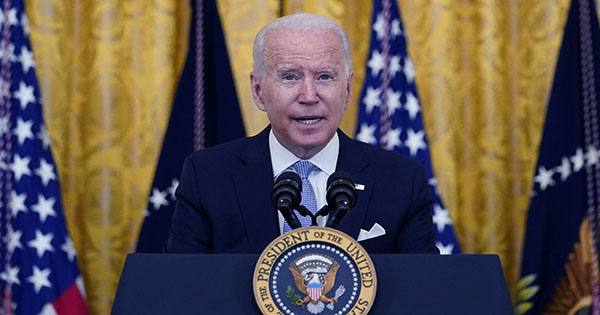Biden’s major bipartisan infrastructure plan has initiated a rare collaboration between Republicans and Democrats, but the proposed changes to cryptocurrency controls are pushing the bill. The administration wants to pay $28 billion of its planned infrastructure costs by tightening tax compliance in the historically regulated area of the digital currency historian.
This is why the cryptocurrency is emerging in a bill that is mostly about rebuilding bridges and roads. Critics of the bill argue that the bill’s attempt to do so is slapdash, especially something that would declare it a “responsible and regular” provider of any service for the transfer of digital assets, subject to the need for tax reporting.
While this definition may be more straightforward in a traditional theoretical angle of meaning, it can force cryptocurrency developers, companies, and even anyone digging up digital currency to collect and report information to users, something that is not possible even by design in a decentralized financial system. Now, a new revision of the critical spending package is threatening to make matters worse.
In a joint letter about the text of the bill, Square, Coinbase, Ribbit Capital and other stakeholders warned of “financial surveillance” and the unintended effects of cryptocurrency miners and developers. The bill was also condemned by the Electronic Frontier Foundation and Fight for the Future, two privacy-minded digital rights organizations. Following the outcry of the cryptocurrency community, a pair of influential senators proposed an amendment to clarify the new rules of reporting. Finance Committee Chairman Ron Wyden (D-OR) stepped back against the bill, proposing an amendment with co-finance committee member Pat Toomey (R-PA) that would change the language of the bill.
The amendment would establish that the new report “does not apply to developers of blockchain technology and wallets”, removing some of the ambiguity of the bill on the issue. “By clarifying the definition of brokers, our amendment would ensure non-financial intermediaries such as mining; network legitimacy and other service providers – many of whom do not even have personal identification information to file 1099 with the IRS – are not subject to the reporting requirements in the bilateral infrastructure package,” Tommy said.
















